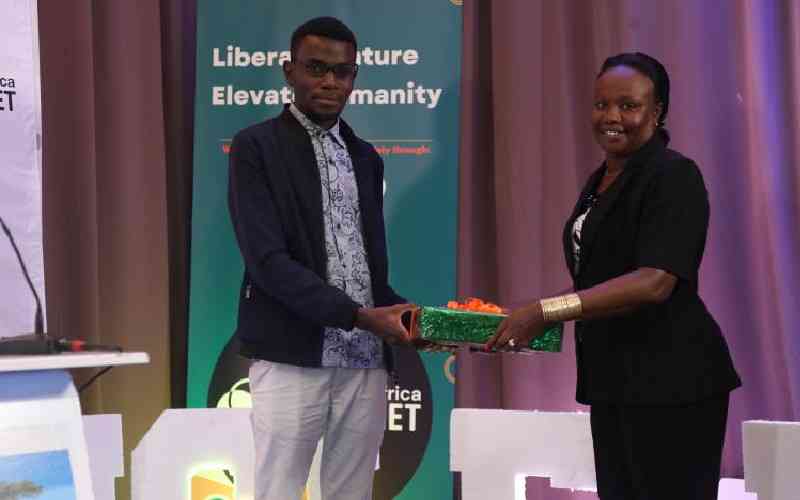×
The Standard e-Paper
Smart Minds Choose Us

Kenyan students excelled in the continental essay writing competition.
The nuclear power essay competition was meant to show efforts in attaining the Sustainable Development Goals (SDGs) on access to clean and renewable energy, and the promotion of sustainable industrialisation in Africa.